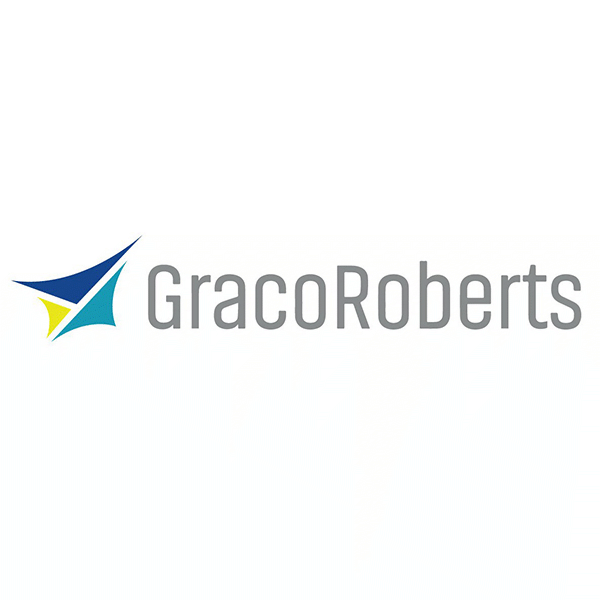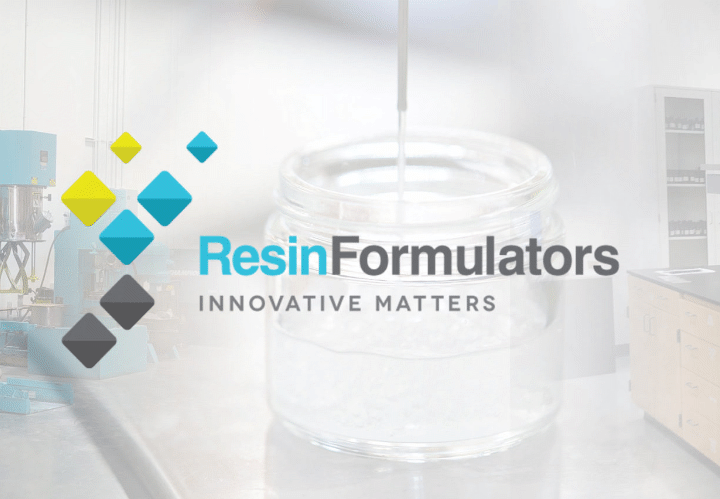What is Advanced Material Testing?
Advanced material testing is a comprehensive evaluation process used to assess the physical, mechanical, thermal, and chemical properties of materials. Unlike conventional static testing, advanced testing analyzes materials dynamically, offering in-depth insights into their long-term performance, resistance, and durability.
What Are the Five Types of Material Testing?
Material testing typically falls into five major categories:
- Mechanical Testing – Evaluates tensile strength, hardness, elasticity, and impact resistance.
- Thermal Testing – Measures heat resistance, thermal conductivity, and expansion rates.
- Electrical Testing – Assesses conductivity, dielectric strength, and insulation efficiency.
- Chemical Resistance Testing – Examines corrosion resistance, radiation effects, and biological durability.
- Non-Destructive Testing (NDT) – Uses X-ray, ultrasound, and SEM imaging for structural analysis without damaging the material.
Advanced Imaging & Surface Analysis
Our high-magnification scanning electron microscopy (SEM) capabilities (up to 30,000x) provide:
- Detailed microstructure analysis for fracture detection and material defects.
- Chemical surface composition analysis for coatings, adhesives, and composites.
- Precision imaging to support troubleshooting and failure investigations.
What Are the Three Categories of Advanced Materials?
Advanced materials typically fall into three broad categories:
- Metals & Alloys – High-performance aluminum, titanium, and superalloys for aerospace, defense, and automotive industries.
- Ceramics & Composites – Used in electronics, biomedical applications, and extreme heat environments.
- Polymers & Smart Materials – Epoxies, polyurethanes, biomaterials, and semiconductors with adaptive properties.
Why Choose Resin Formulators’ Advanced Material Testing?
✔ 60+ years of industry expertise serving aerospace, defense, electronics, transportation, and renewable energy sectors.
✔ World-class testing facilities with cutting-edge mechanical, thermal, and chemical analysis.
✔ Compliance & regulatory support for ISO, REACH, RoHS, and UL certification requirements.
✔ Custom formulation & reformulation for discontinued or non-compliant materials.
✔ Advanced SEM imaging & hybrid rheometry testing for precision surface and viscosity analysis.
Partner with Resin Formulators to ensure your materials achieve optimal performance and meet the highest industry standards.
📩
Contact us today to discuss ASTM-specific testing or customized evaluation services.








